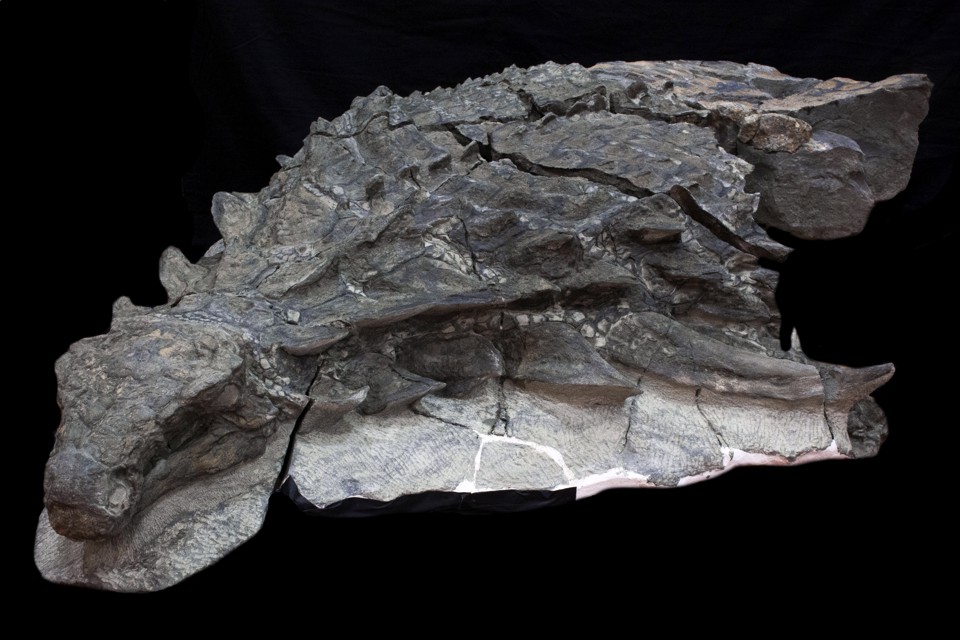- Joined
- Oct 7, 2012
- Messages
- 41,088
Thinking more short-term, genetic engineering would potentially result in the elimination of homosexuality as well, which would involve an ironic and entertaining debate among anti-LGBT folks: Do you admit that homosexuality has a basis in genetics and then use that fact to eliminate it, or do you continue with your belief that homosexuality is a choice and God would not create a homosexual, with the consequence of not using scientific advances to your ultimate advantage?
Also could eliminate things like pedophilia and proclivities to violence/crime, which I believe would be unequivocally good.
Thinking more long-term, genetic engineering sounds like the beginning of the next great leap in human evolution, with the arguably unfortunate byproduct of leaving the lineages of poor people behind (who can't afford the genetic engineering) and homogenizing the population. We genetically engineer super-intelligent humans, who advance technology to the point of reaching other inhabitable planets, and then some other ?????, and we profit.
Before the intergalactic travel happens, I imagine super-intelligent humans would develop the technology to create anything out of thin air, which would eliminate the need for money and the concept of value altogether. Anyone can create any food/shelter they want within whatever codes of laws are implemented to deal with this, so there's no more economy, no more labor.
Also could eliminate things like pedophilia and proclivities to violence/crime, which I believe would be unequivocally good.
Thinking more long-term, genetic engineering sounds like the beginning of the next great leap in human evolution, with the arguably unfortunate byproduct of leaving the lineages of poor people behind (who can't afford the genetic engineering) and homogenizing the population. We genetically engineer super-intelligent humans, who advance technology to the point of reaching other inhabitable planets, and then some other ?????, and we profit.
Before the intergalactic travel happens, I imagine super-intelligent humans would develop the technology to create anything out of thin air, which would eliminate the need for money and the concept of value altogether. Anyone can create any food/shelter they want within whatever codes of laws are implemented to deal with this, so there's no more economy, no more labor.

